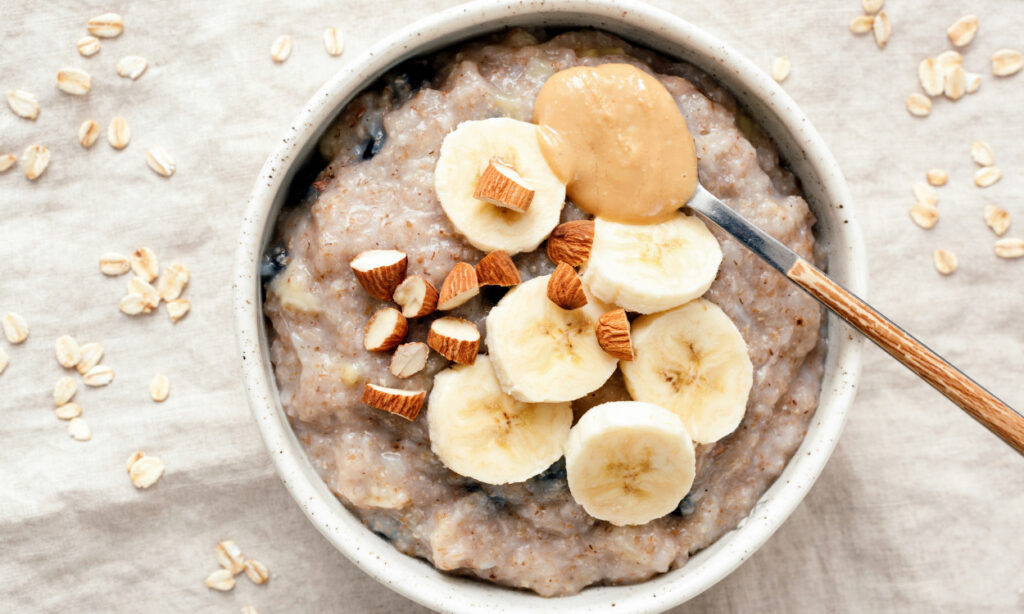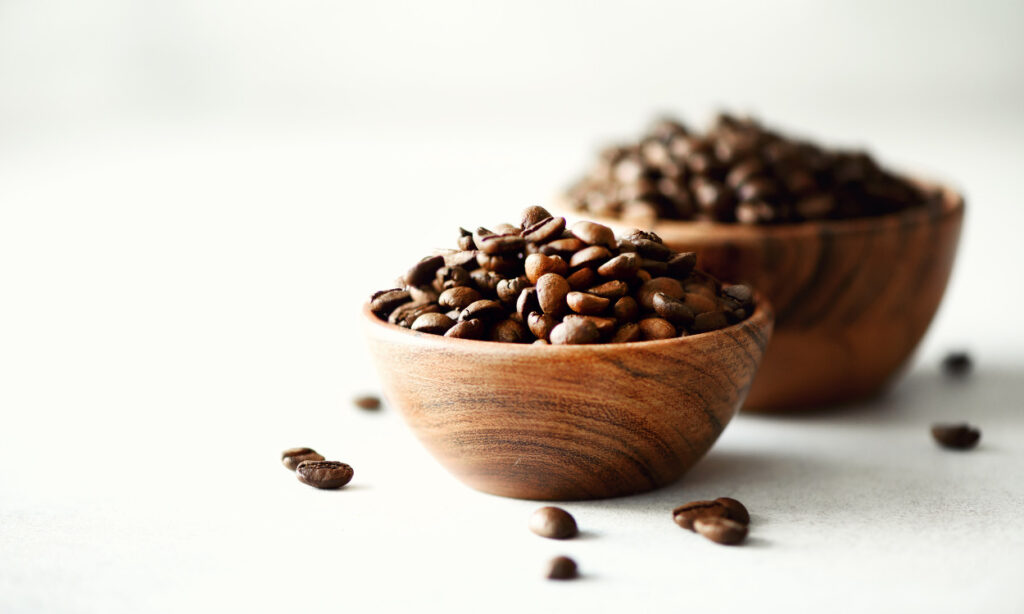Dealing with an upset stomach can be a real downer, but the good news is that your diet can play a crucial role in easing discomfort. Whether it’s caused by indigestion, a virus, or just an off day, choosing the right foods can make a significant difference.
In this guide, we’ll explore what to eat to soothe your upset stomach and what to steer clear of for a quicker recovery.
What to Eat:
Bananas:
Bananas are a stomach-friendly choice as they are easy to digest and unlikely to cause additional irritation.
They’re rich in potassium, which helps replace electrolytes lost during bouts of vomiting or diarrhea. The mild flavor and soft texture make them a go-to option when your stomach is feeling sensitive.
Ginger:
People have been praising ginger for a long time because it’s really good for your digestion.
Whether in the form of ginger tea, ginger ale (make sure it’s non-carbonated and caffeine-free), or ginger supplements, this root can help ease nausea and reduce inflammation in the stomach. It’s a natural remedy that’s gentle on the digestive system.
Plain Rice or Toast:
When your stomach is upset, it’s often best to stick to bland, easily digestible foods. Plain rice or toast can provide a source of carbohydrates without adding too much stress to your digestive system.
These foods can help absorb excess stomach acid and provide a foundation for more complex meals as your stomach settles.
Mint:
Peppermint has soothing properties that can help relax the muscles of the gastrointestinal tract, providing relief from indigestion and gas. Peppermint tea or peppermint oil (in moderation) can be effective options.
However, if you suffer from acid reflux, it’s wise to avoid peppermint as it may worsen symptoms for some individuals.
Oatmeal:

Oatmeal is a bland and easily digestible option that can provide a comforting source of soluble fiber. It helps regulate bowel movements and can be especially beneficial if your upset stomach is accompanied by diarrhea. Choose plain oatmeal and avoid adding too much sugar.
Boiled Potatoes:
Potatoes are a good source of easily digestible carbohydrates, and boiling them makes them gentle on the stomach. They provide energy without adding unnecessary fat or spice. Avoid using heavy toppings like butter or sour cream, especially during the initial stages of stomach upset.
Chamomile Tea:
Chamomile tea has anti-inflammatory and muscle-relaxant properties, making it a soothing choice for an upset stomach. It can make you feel better if your stomach is bloated or you’re having trouble with digestion. Opt for caffeine-free chamomile tea and, if desired, sweeten it with a touch of honey.
What to Avoid:
Spicy and Greasy Foods:
Spicy and greasy foods can be harsh on an upset stomach. They can exacerbate symptoms like heartburn and indigestion. Opt for milder, less fatty options until your stomach settles.
Dairy:
Some people may find that dairy products worsen their stomach upset, especially if they are lactose intolerant. If you suspect dairy is the culprit, consider lactose-free alternatives or give your stomach a break from dairy until you feel better.
Caffeine and Carbonated Drinks:

Caffeine and carbonated beverages can irritate an already sensitive stomach. Stick to water, herbal teas, or diluted fruit juices to stay hydrated without causing additional discomfort.
Citrus Fruits:
Citrus fruits like oranges and grapefruits are acidic and can be irritating to an upset stomach. While they are rich in vitamin C, it’s advisable to avoid them temporarily until your stomach has settled.
Fried Foods:
Fried foods are high in fat and can be difficult to digest, potentially worsening stomach upset. Steer clear of fried options until your digestive system is back on track, opting for healthier cooking methods like baking or steaming.
Conclusion:
In times of stomach distress, choosing the right foods is key to a quicker recovery. Opt for easily digestible options like bananas, ginger, and plain rice or toast, while steering clear of spicy foods, and caffeinated drinks. Listening to your body and providing it with gentle, nourishing options will help soothe your upset stomach and set you on the path to feeling better.
FAQs:
Is it okay to drink sports drinks when my stomach is upset?
While sports drinks can help replenish electrolytes lost during vomiting or diarrhea, it’s essential to choose options without added caffeine or carbonation. Consider diluting the sports drink with water to make it gentler on your stomach.
How long should I stick to a bland diet when my stomach is upset?
It’s often suggested to eat plain and simple foods for a day or two. Once your stomach feels better, you can slowly start eating normal foods again. If you still feel bad or things get worse, talk to a doctor for advice that’s just for you.
Remember, these suggestions are general in nature, and individual tolerances may vary. It’s always wise to consult with a healthcare professional for personalized advice based on your specific situation. Taking care of your stomach with the right foods can make a world of difference in your recovery.

